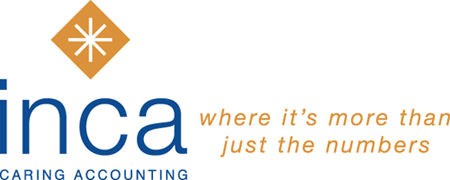It was back in July 2015 that Chancellor George Osborne announced plans to introduce a range of taxation changes affecting buy-to-let landlords, including the government’s intention to gradually reduce the amount of mortgage interest that landlords in the higher tax brackets could offset against their rental profits.
Up to that point, landlords who were higher rate tax payers were able to claim 40% or 45% tax relief, while those on the basic tax rate could only claim 20%. The new regulations began to be phased in from April 2017, with interest relief for higher rate landlords reducing each year.
The phasing out process will culminate in April 2020 when the old scheme will be replaced by a 20% tax credit – applicable to all landlords, irrespective of which tax bracket they’re in.
In introducing the change, the government’s intention is to increase the tax burden on higher earning landlords, not to penalise those on basic rate tax, but if our own experience is anything to go by, there appears to be some confusion about exactly who is and who is not affected by the new regulations.
A lot of the calls we receive asking for advice on this topic are from basic rate tax paying landlords who are under the misapprehension they need to transfer ownership of their rental properties to a limited company to protect themselves from paying more tax.

But the new regulations will make no difference at all to you if you’re a buy-to-let landlord who is a basic rate tax payer. Throughout the reduction process and beyond 2020 – assuming you remain a basic rate tax payer, you’ll continue to be entitled to the 20% tax relief you currently receive.
What if You’re a Higher Rate Tax Payer?
Should your revenue from property rentals and any other income push you into the higher tax bracket, you’d certainly be well advised to seek professional advice and review your position to make sure you’re set up is as tax-efficient as possible.
If you have plans to grow your portfolio, a review will ascertain whether you’d be better off buying any further properties through a limited company, rather than purchasing them in your own name. And even if you don’t have ambitions to acquire new properties, a review will help determine whether it would be beneficial for you to transfer ownership of your properties to a limited company rather than continuing to own them personally.
This last point is a complex area, and what’s best for you will depend on your personal circumstances, and what the implications of Stamp Duty and Capital Gains Tax will be if ownership is changed.
At Inca, we have many years’ experience advising on all aspects of property taxation matters. Recently, we’ve helped a number of higher rate clients with more than one buy-to-let property to set up limited companies to manage their portfolios and optimise their tax-efficiency.
Particularly if you’re in employment, and if you aspire to building a portfolio for long-term investment – as opposed to utilising all the revenue your properties generate on an ongoing basis, a limited company could be the most tax-efficient option. But whatever your situation, we’d strongly recommend you have a conversation with your financial advisor as soon as possible, so that if you need to make changes, you have time to do so before the end of the current tax year.
Get the Best Advice on Property Taxation!
Whether you’re a buy-to-let landlord with just one property or several, and whether you have ambitions to grow your portfolio or not, you’ll want to be sure your maximising your revenue and minimising your tax liability.
We can advise and assist you with all aspects of property taxation, including helping you to set up a limited company and transfer ownership of your properties if this is the right strategy for your personal circumstances. Call us now on 0123 586 8888 for an initial chat and to arrange a meeting!




